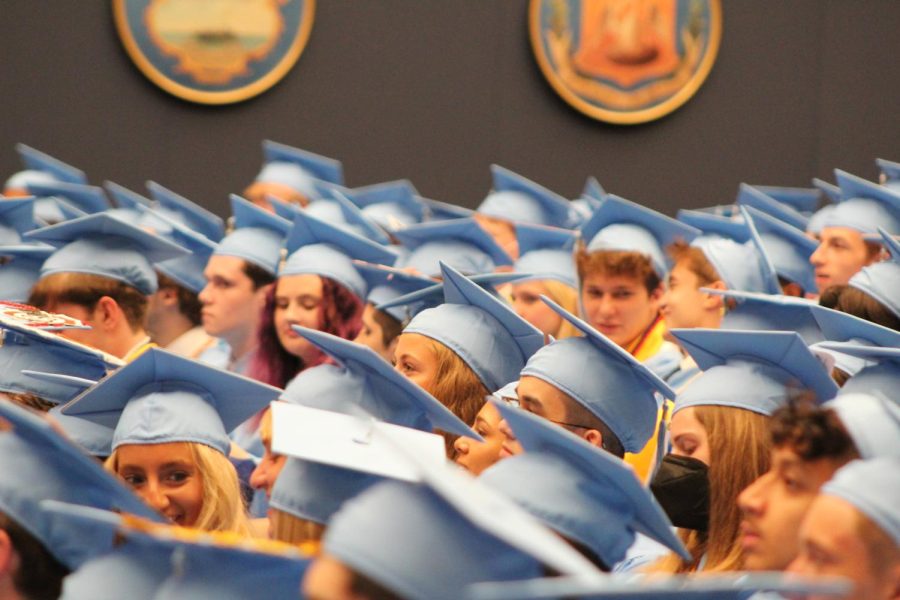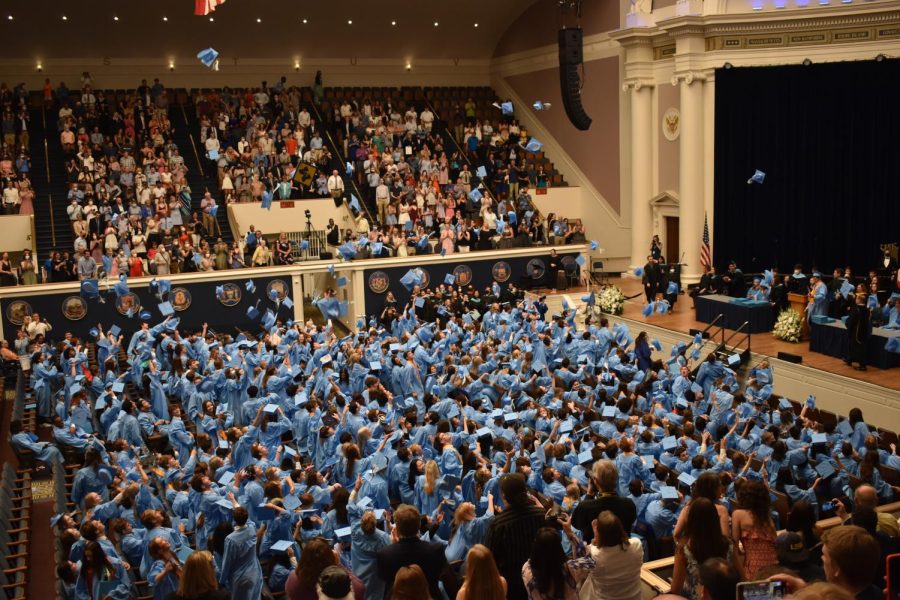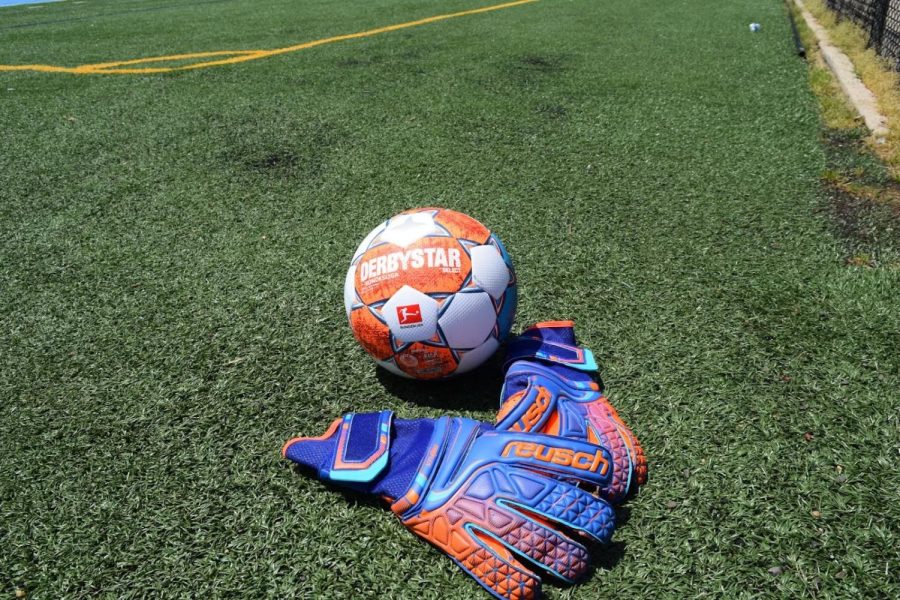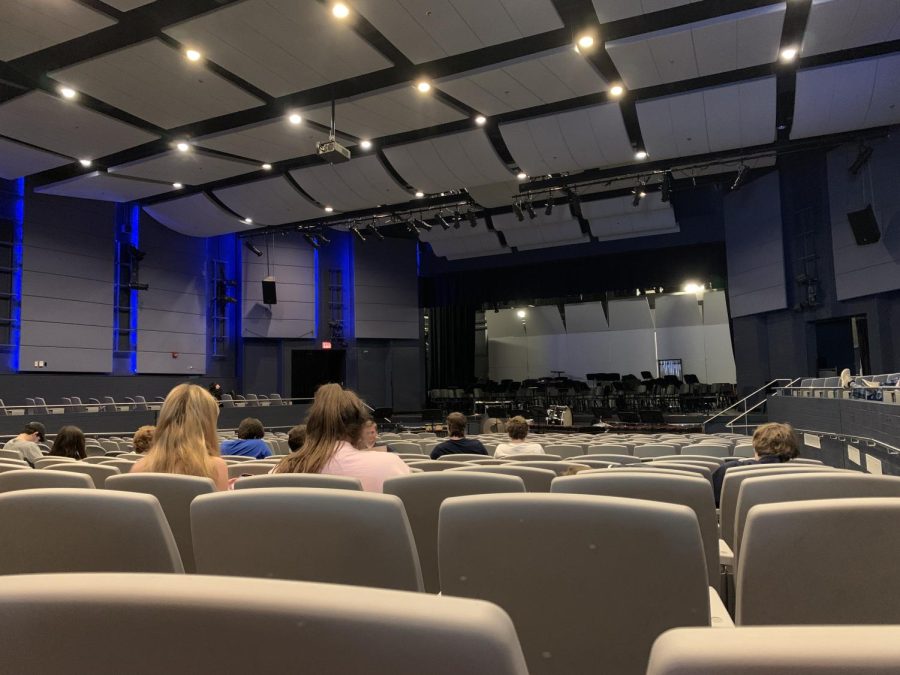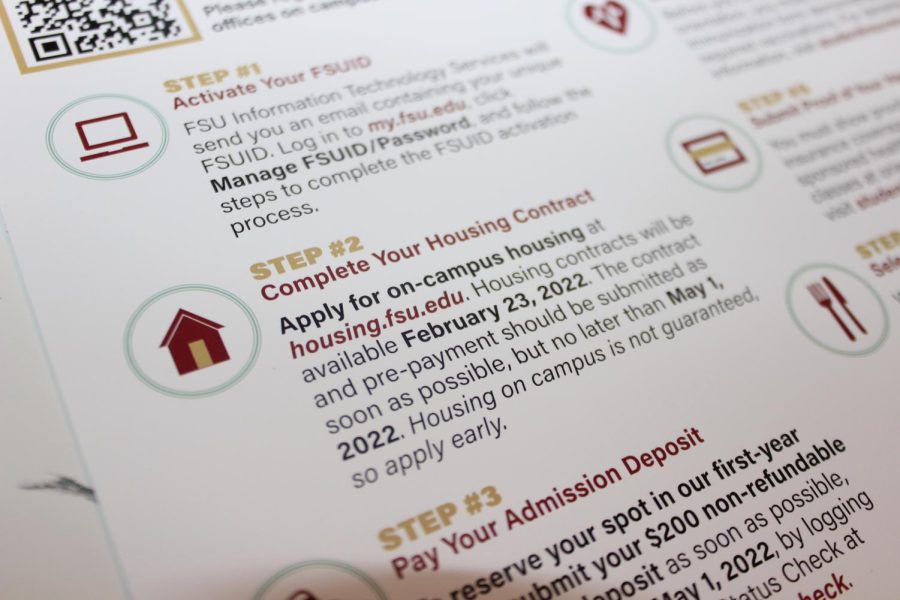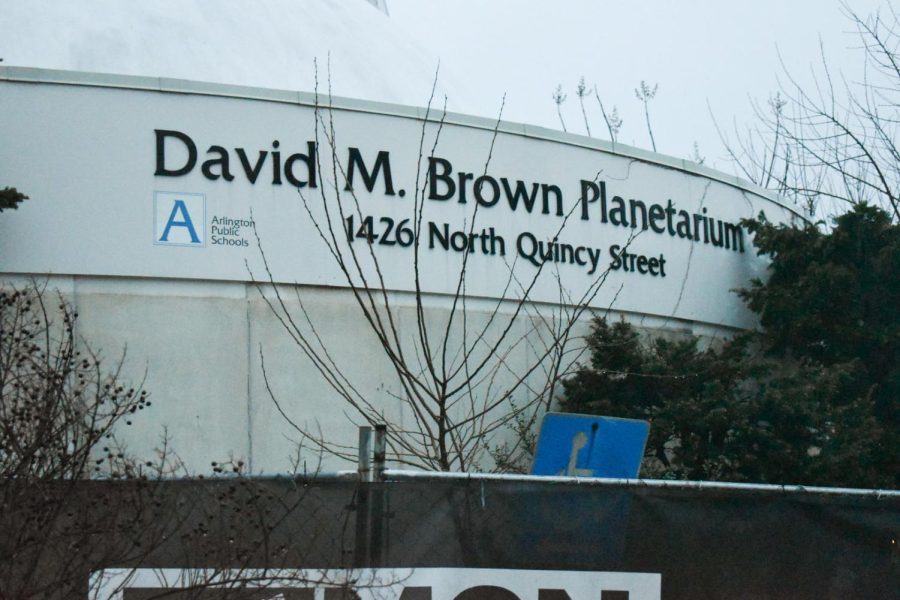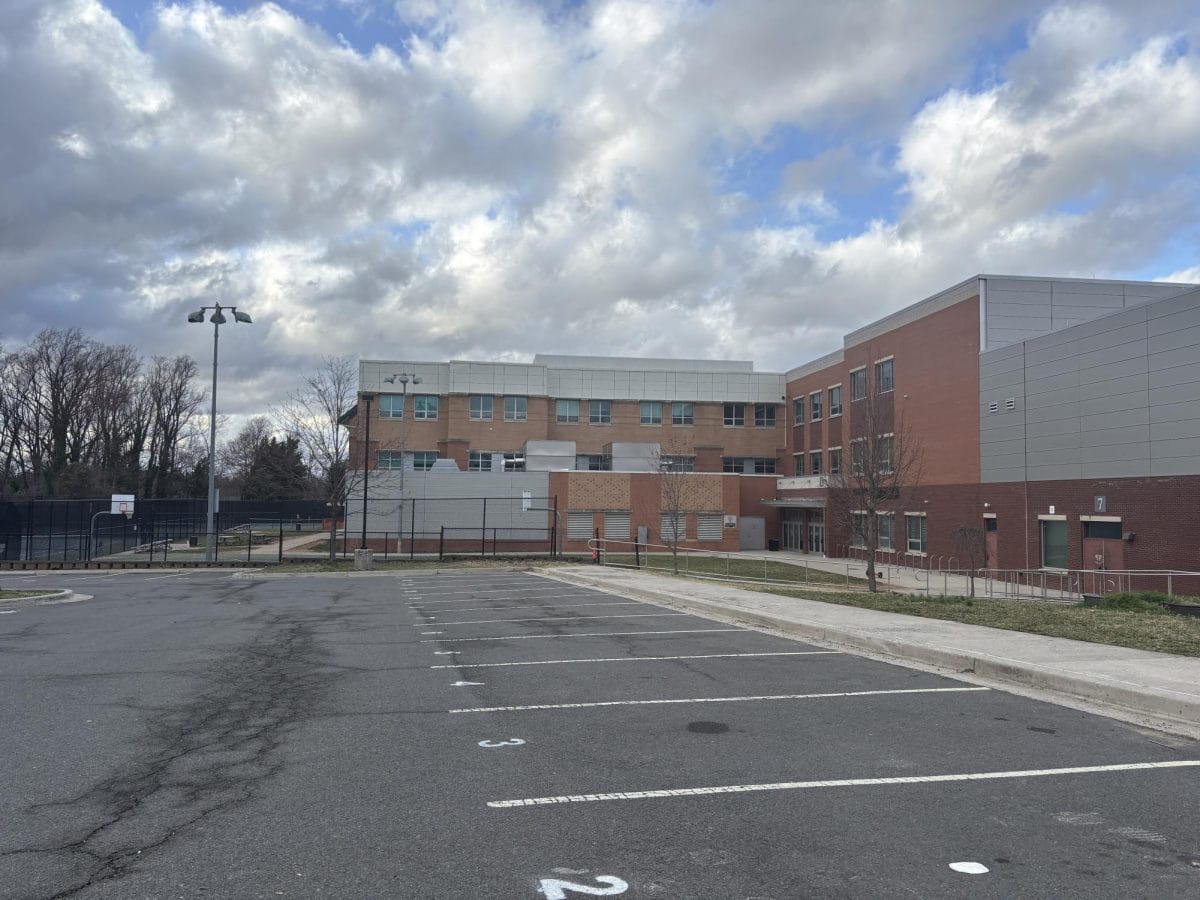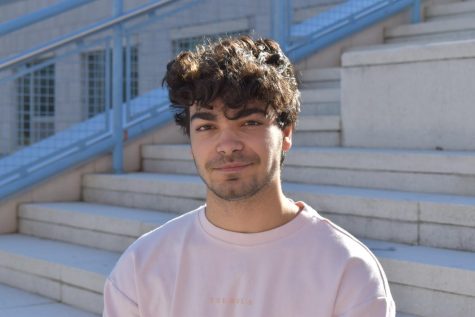On March 5, 2021, a fight broke out between players on the George C. Marshall and Wakefield High School football teams following constant and repeated racial abuse levied at the Wakefield players. A year later, it seems like very little has changed. The hashtag “#PlayFairNow,” created after the game to bring awareness to the issue of race-motivated taunting in sports, was mocked by the Marshall crowd in a playoff basketball game between the two schools. It is clear that not enough has been done to address the racist actions in the athletic community, but the solution will not come easily.
School administrations in Northern Virginia are notorious for their inaction regarding the abuse of vulnerable groups, only recently beginning to institute necessary yet insufficient cultural regulation regarding race. As the school systems across the region struggle to catch up to entrenched racial inequities, students suffer.
The principal difference that makes the controversy with Marshall so difficult to address is that the conflict crosses county lines. This means that the wronged group — Wakefield students and others that feel threatened or marginalized by the hostility at the games — is removed from the aggressors. The options for recourse, therefore, are largely limited to awareness-focused activism, an unsatisfying prospect given that the activism itself has been met with scorn long after the original incident.
Solutions outside of activism are made more difficult by the limited ability of Arlington Public Schools (APS) to influence schools and policies outside of its jurisdiction. Fairfax County Public Schools (FCPS) controls which programs are instituted in its schools, so without the will of the Fairfax School Board, no systemic change can be enacted. It could be that a trending hashtag is the extent of APS students’ influence.
Although systemic change is the catch-all answer, it is possible that some solution could be reached with more coordination between APS and FCPS when it comes to sporting events. Though it would not solve the root causes of the heckling, Arlington schools have seen successful attempts to curb verbal and physical violence through administrative collaboration as in our school’s 2021 football game against Washington-Liberty High School, a marked difference from the 2019 event.
Since there is precedent for tension at sporting events between Wakefield and Marshall, the prudent response might be a joint effort by both school administrations to reduce the risk of such things going forward. Whether this is through assemblies, crowd-control rules or other methods, a more focused and timely tactic might produce better results than the Marshall administration’s original, ineffectual response.
It is clear that a change in student culture is necessary to alter the more negative aspects of local athletic and academic communities, but that does not mean that short-term solutions should be abandoned entirely in favor of ambitious and transformative methods. If schools are able to fill the gaps between the present and the idealistic future with bulwarks against harassment, students will feel significantly more comfortable both in and out of academic buildings.






































